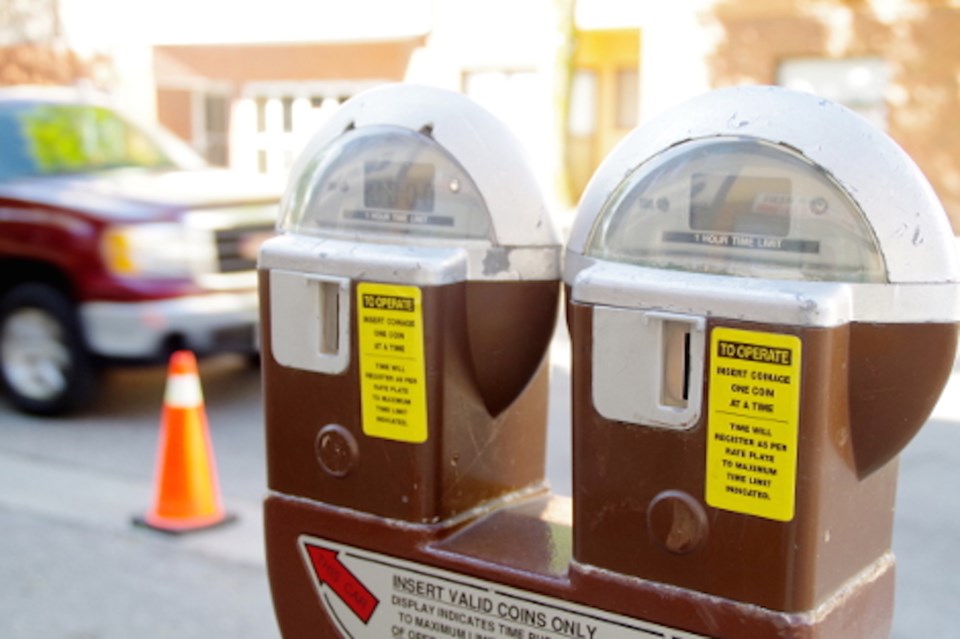SooToday received the following letter to the editor from reader Andre Riopel about the high cost that comes with free parking.
The city's largest expense and producer of greenhouse emissions is the transportation sector.
We are a unique city in Ontario having the second highest lane/km per capita in the province (second to Timmins) and yet we continue to build more roads to try and solve traffic congestion.
It simply does not work and it's very expensive. There is no question that living on the edge of the city on a large lot has it's benefits in lifestyle but the cost to service low density is very high and causes an over reliance on private motorized transportation. In addition to the extra km or roads, there is a need for space to store all those vehicles as people who live far away are dependent on driving to get around.
But times are changing and the move towards densification is now at the forefront of the new Official Plan.
What's missing from the conversation however is how the cost of parking is embedded in building costs and how all tax payers are supporting those who live on the edge of the city. Parking is not free and the average spot costs between $4,000 and $8,000 depending on location (Donald Shoup: The HIgh Cost of Free Parking).
Parking also occupies a large portion of our land mass which could be used for housing. It also produces significant storm sewer water which is also a cost not factored in. With a warming climate we expect to see more large rain events and the costs of flood damage is very high and very real.
Like most things in life, if you want to make a change you need to stop supporting behaviors that are not helping the cause and subsidize behaviors that are desirable. User fees is how you can encourage behavior change.
Parking is a service like many others the city provides and when looking at increasing user fees, does it not make sense to start with parking? It would be very easy to encourage city staff to drive less by doing the following:
- require a parking paid pass to park at work on city property
- provide free transit of the monetary equivalent of a parking spot to employees who get to work without driving
- charge for parking at city facilities (and proportionately reduce admission fees)
Encouraging people to drive less will reduce traffic congestion and the need to build more roads. Stopping the development of new subdivisions will force developers to invest on existing roads and in the downtown core.
Other measures like land value taxation would also encourage densification by increasing the cost to homeowners who live on large lots in less dense areas.
There are so many other ways to reduce taxes by removing subsidies to private motorized transportation.
Respectfully, Andre Riopel
